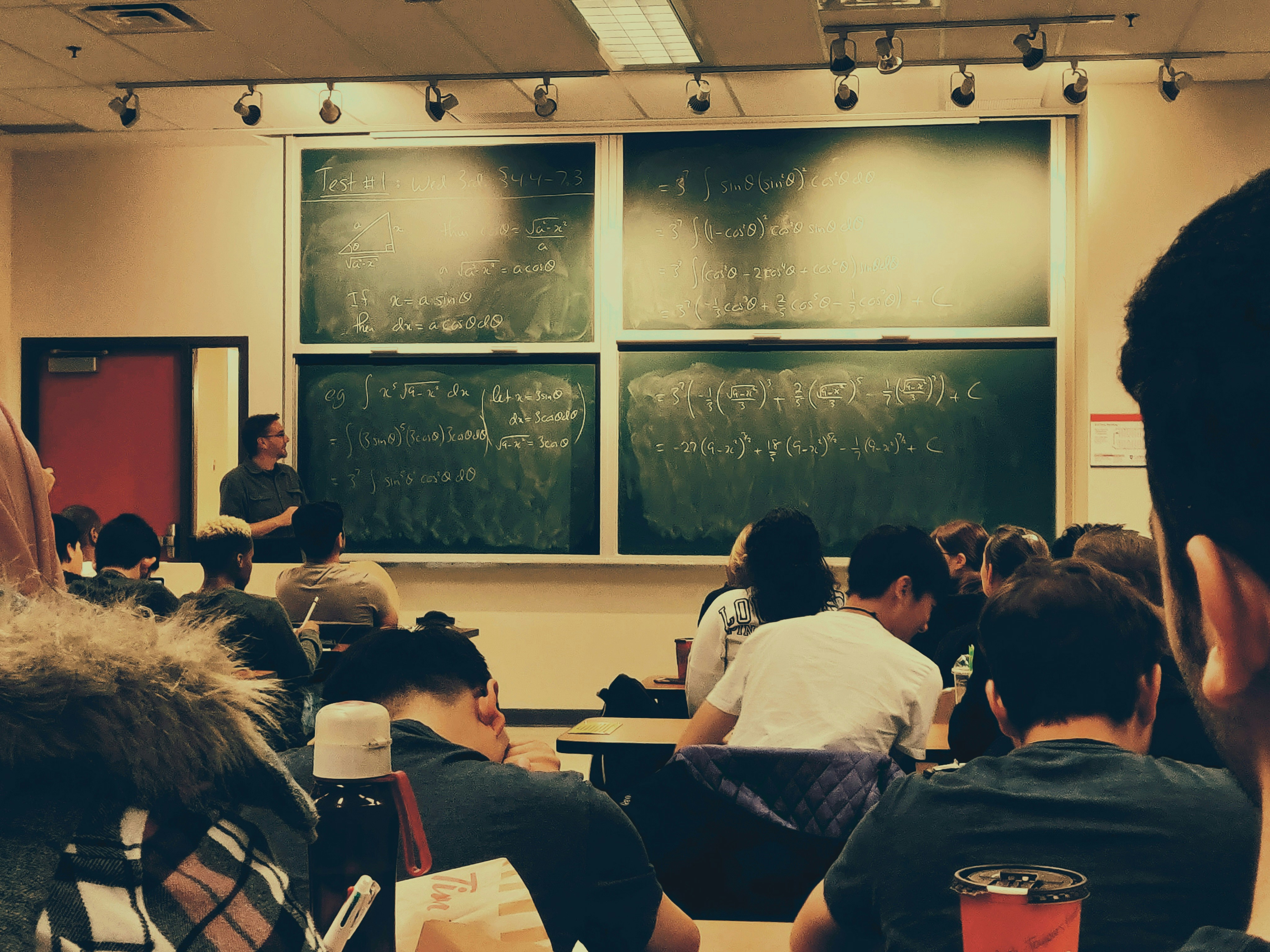Free education is a human right according to the Universal Declaration of Human Rights, Article 26. This means is that education, at least for younger children, should be provided as a free service by default. It doesn’t mean you can’t pay for private education, just that if you do not have the means to afford it, then your child(ren) will still get to be educated.
In addition, Article 26 (ii, iii) goes on to say that education is for the betterment of children, regardless of what their backgrounds and beliefs are, and that it is the parent’s or guardians’ prerogative to decide what form their children’s education will take.
With a plethora of educational institutions and forms within the U.S., this decision is a bit more open to consideration. Especially if coming from a household in which all family members are busy, the decision of how a child will be taught has many implications, beyond the quality of learning. Most U.S. parents opt to send their children to state-funded schools, but other factors (including what extra-curricular activities are provided, what the school support system is like, and how much input into education parents have), are all to be considered. Location and availability to commute to schools are also major factors here.
Ultimately, it can be hard to balance the time that parents have to avail themselves in the education process, with the time that the schools must spend caring for children. After-school clubs and sports may help to sync up parental schedules with educational ones, but if this is not quite enough, then there are alternative education options available for busy families. Here are a few of them to consider.
How important is a good education?

Breaking down article 26 of the Human Right’s Charter, three important elements are of note: education must be free and available to young children, for development, and in a manner of parent’s choosing. Since people learn the most as children, then it’s only logical that this is the prime time of their lives to teaching them about the world and how it works.
Most education systems consider language, mathematics, and sciences to be the main three lessons (or core subjects) to teach. This is because almost all of the rest of learning falls into one of these categories. Speaking and listening are fundamental qualities to lead a normal life, whilst the everyday practicalities of math and science are almost unconsciously transmitted. From backing a car into a driveway to fitting rubbish into a waste bin, everything in the world ultimately comes down to the pragmatic uses of these core subjects, so learning more about them is paramount.
A good education, whilst necessary for a child’s development, is also helpful for forging a career path later in life. As the old saying goes, “knowledge is power.” Simply put, with a wider variety of understanding in many different subjects, brought about by a good education; many doors will be opened to a myriad of career opportunities. By having a good education, children will do better in their entry exams to join higher and further education institutions and become more qualified in the fields that interest them most. From there on, they can use their knowledge to network and gain access to the job market of their choosing. Successful entrepreneurs don’t come from out of anywhere; they have a good set of qualifications to break away from the others in their field–and to gain these, they had to have had a good education.
Should I consider home-schooling?
If you are a busy parent, then finding the time to educate your child(ren) yourself is going to be nigh-on impossible. Children need a wide range of stimuli and information to remain entertained enough, and there a multitude of methods that professional teachers employ in order to get their students to learn new information.
But that being said, COVID-19 leveled the playing field for many, as restrictions insisted that schoolchildren were taught from their home. Even then, the manner in which they received their lessons included online lessons, tutorship, and parental guidance, as well as through online and television media, and so the idea of “home-schooling” has a lot more to it than simply a parent teaching a child. The prospect of home-based learning and home-schooling is more about bringing the whole educational system to the child.
Bringing the school into the home.
There may be a few reasons why home-schooling is the only option for your child. Perhaps accessibility problems or location issues are the reasons why you would prefer they were taught at home, instead of in a school, despite the fact that both parents are busy). Perhaps one parent is a teacher already or has flexibility within the other workplace to teach instead. With a host of online resources available to bring the classroom home, the only thing that remains is the tutor themselves.
It’s recently come to light that those who still dress appropriately for work, even if they are working remotely, tend to be more productive. Logically, that could still apply for teaching remotely too. Dressing professionally, as teachers would in a school environment help to create a more professional educational environment at home. This may be particularly useful if there are difficulties in getting through to the child, or if they simply have not the attention span to spend all day learning at home without being distracted by what is there.
Consider adopting a new and professional look when home-schooling. Use a range of suits, skirts, and blouses to feel more professional within yourself, which will help project an air of professionalism into your teaching. Don’t forget to stay comfortable though, you are at home, nor forget about underwear too. Check out Soma for their racerback bra range which will be both practical and discreet for office use, and comfortable at home.
What are charter schools?
Another alternative education option is in sending your child to a charter school, instead of a state one. Charter schools are those that are a little more relaxed than traditional public schools, and although they do not charge students or parents to take exams, they are also not funded in full by the taxpayer. State or public schools receive 100% of their funding through the Government, whereas charter schools are semi-funded by donations.
As they are a little more regulated by statutes and rules that are usually in place within traditional schooling, they can have a heavier focus on fields in addition to the three core subjects, and specialize in other areas such as arts, sports, or music. These additional subjects and extracurricular activities, such as those offered at charter academy programs like Oregon Charter Academy, are not only useful in steering a child’s knowledge to a particular field that they show an interest in but will also occupy children outside of schooling hours if parents are busy themselves.
Charter schools and academies are growing significantly in popularity, and some require a lottery pick to enroll. These are similar to scholarships and private schooling enrolment programs.
Should I consider Private/Independent schooling?
Private or Independent schools receive all of their funding from the parents, who pay to send their child for lessons there. Rules here tend to be stricter, and uniforms tend to be in place also. Their success rates are significant, but they also have high tuition costs. Considering a private school might require a large amount of effort in restructuring finances, or even simply making applications for grants and scholarships. Sometimes, students are granted entry depending on their promise in a particular field, or the school has a religious education element that means funding is provided by the institution and not the state.
Sending your child to one of these schools is incredibly expensive, but some do offer boarding facilities which will naturally free up time for parents who have difficulties with their timing. These schools do tend to be for older children and young adults, however, and so it might be some time before you can send a child to them.





